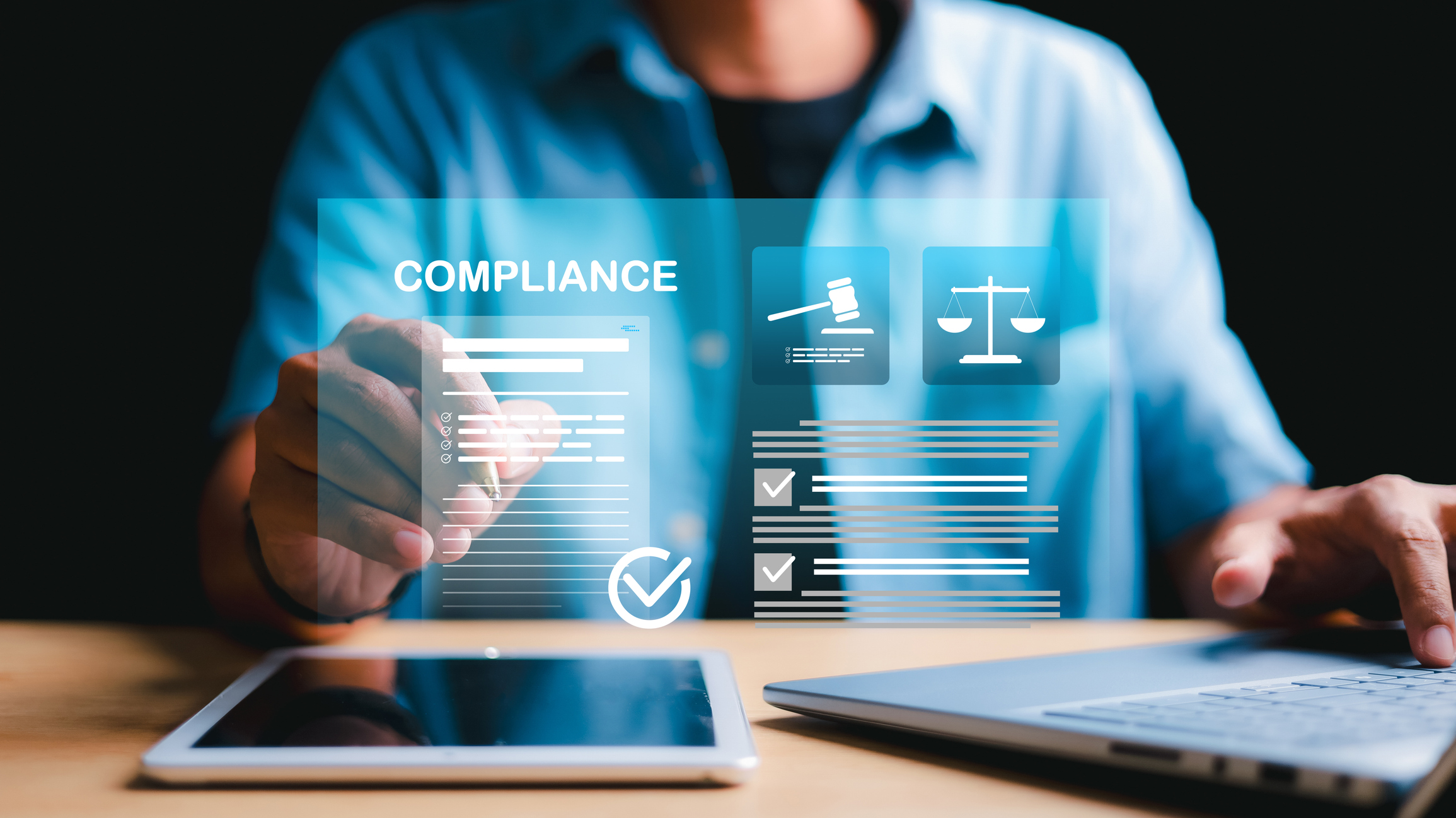Cybersecurity leaders know that technical defenses alone are not enough. To truly safeguard sensitive information, organizations need a structured framework that brings together people, processes, and technology. That’s where ISO/IEC 27001 comes in. As the most widely recognized international standard for information security management, ISO 27001 helps organizations build a resilient Information Security Management System (ISMS) that reduces risk, ensures compliance, and inspires trust across clients and partners.
For companies operating in highly regulated sectors such as healthcare, finance, and defense, ISO 27001 certification has quickly become a prerequisite for doing business. But even beyond compliance, the standard offers strategic advantages that extend well into daily operations.
Understanding ISO 27001
ISO 27001 establishes a clear framework for managing information security by requiring organizations to identify risks, implement controls, and continuously refine their defenses. At its foundation is the CIA triad:
- Confidentiality – protecting sensitive information from unauthorized access.
- Integrity – ensuring that data remains accurate and unaltered.
- Availability – guaranteeing that systems and data are accessible when needed.
Certification requires more than paperwork; it demands organizational commitment, executive buy-in, and third-party audits to confirm that security is not just documented but operationalized.
Why ISO 27001 Matters
Strengthened Security and Reduced Breach Risk
The structured risk assessments required by ISO 27001 uncover blind spots in existing security programs and ensure that controls evolve alongside new threats. This makes breaches less likely and less damaging when they occur.
Increased Trust With Clients and Partners
Certification demonstrates to customers that their data is handled responsibly. In a climate where supply chain security is under constant scrutiny, ISO 27001 signals maturity and accountability.
Competitive Advantage in the Marketplace
For many contracts, particularly in government and critical infrastructure, ISO 27001 is not optional. Organizations without certification risk being sidelined, while certified entities gain a competitive edge.
Cost Savings Through Prevention
Data breaches are expensive, with costs extending well beyond regulatory fines. By reducing the likelihood and impact of incidents, ISO 27001 helps organizations protect both reputation and bottom line.
Streamlined Compliance Across Frameworks
Because ISO 27001 aligns closely with frameworks like NIST CSF, GDPR, and SOC 2, certification can reduce the burden of overlapping audits and improve efficiency for compliance teams.
Building a Culture of Security
One of ISO 27001’s most impactful benefits is cultural. By embedding information security into every layer of operations, organizations move beyond check-the-box compliance and foster a security-first mindset. Employees receive ongoing training, human error is reduced, and decision-making increasingly considers risk alongside business goals.
How Netizen Can Help
Achieving ISO 27001 certification requires expertise and sustained effort, but you don’t have to go it alone. Netizen has guided government, defense, and commercial organizations through complex compliance initiatives, helping them align security programs with business objectives.
Our CISO-as-a-Service offering gives organizations of any size access to executive-level expertise, while our 24x7x365 Security Operations Center (SOC) provides continuous monitoring and incident response. From compliance gap assessments to audit readiness, penetration testing, and security engineering, Netizen delivers the capabilities needed to not only meet ISO 27001 requirements but exceed them.
Looking for expert guidance to secure, automate, and streamline your IT infrastructure and operations? Start the conversation today.



